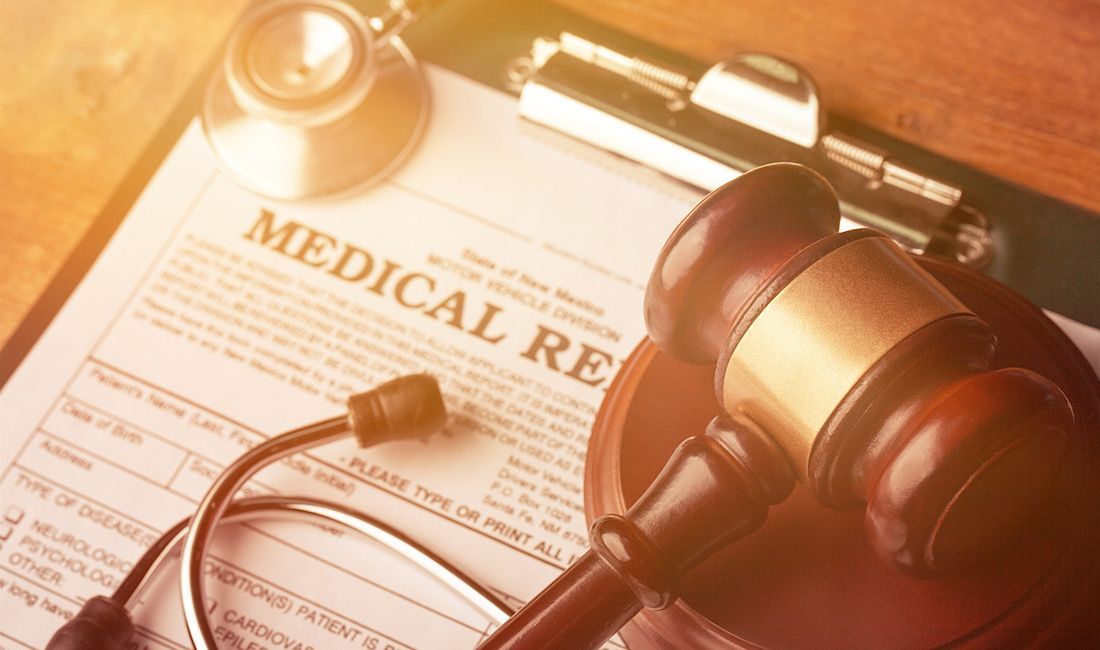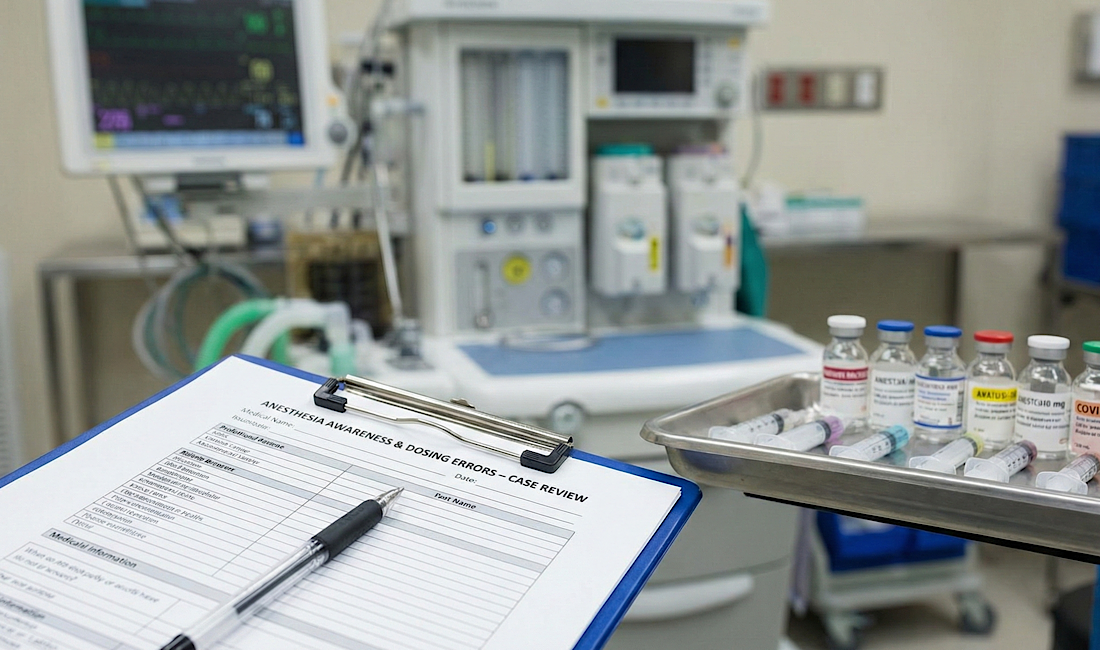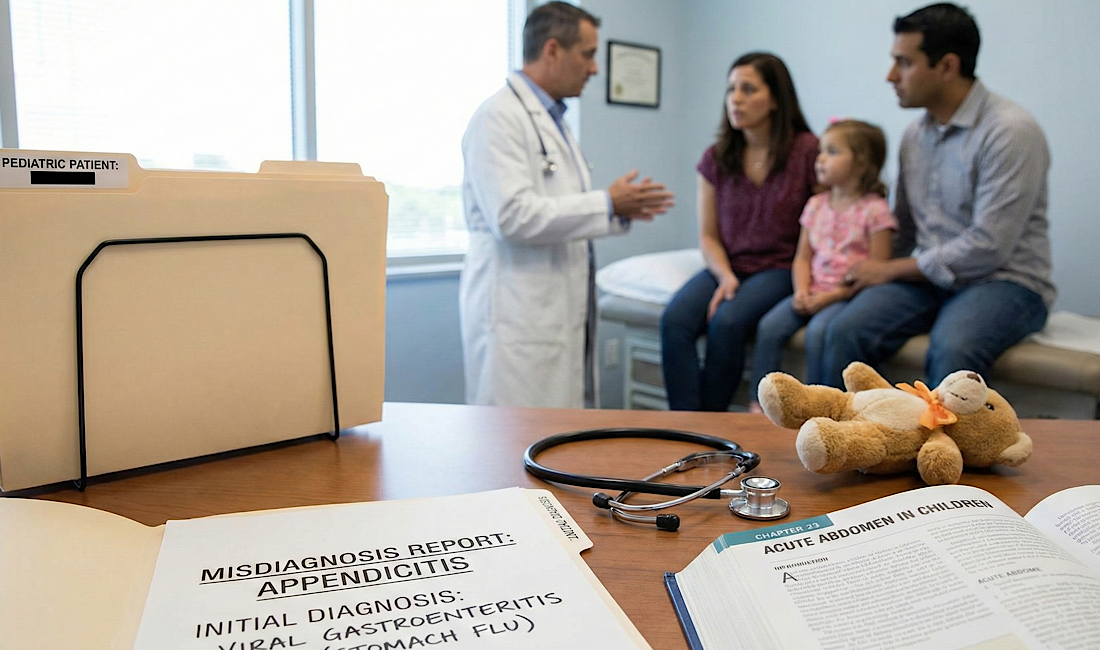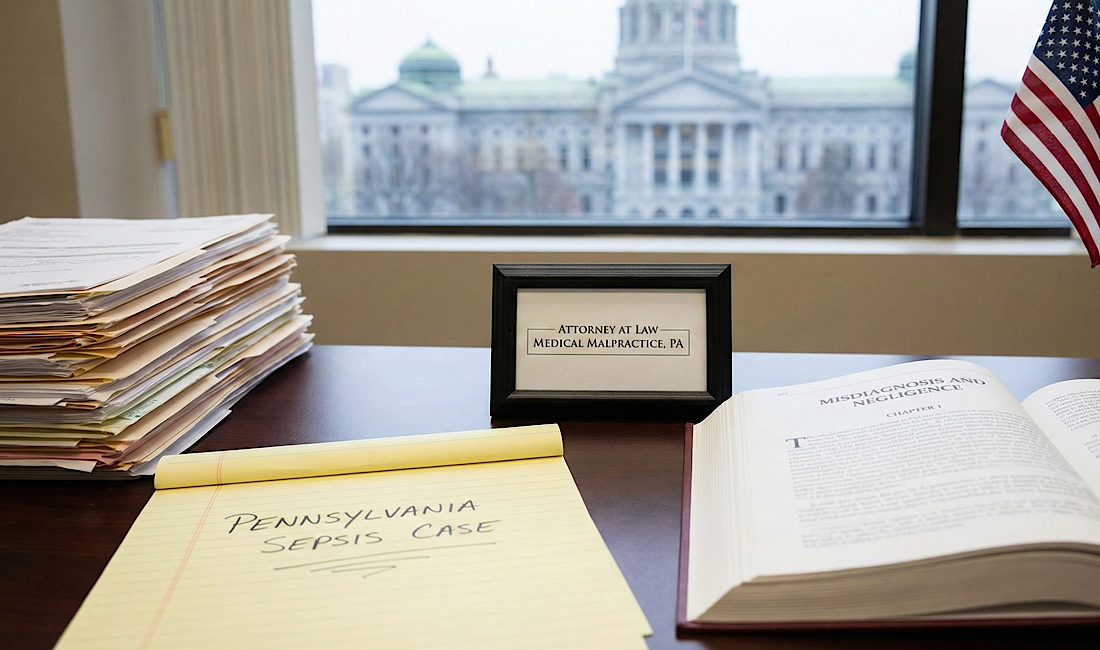What Are the Odds of Winning a Medical Malpractice Lawsuit?

Medical malpractice lawsuits are among the most complex legal cases, requiring extensive evidence, expert testimony, and a thorough understanding of state laws. For victims of medical negligence, pursuing legal action is often necessary to secure compensation for injuries and damages. However, the success of a medical malpractice lawsuit depends on several key factors, including the strength of the case, the jurisdiction, and the ability to prove negligence.
This guide examines the odds of winning a medical malpractice lawsuit, the challenges plaintiffs face, and the steps to improve the likelihood of a successful claim.
Understanding the Success Rates of Medical Malpractice Lawsuits
Statistics reveal that medical malpractice cases are difficult to win, with the success rate varying depending on the circumstances.
Out-of-court settlements: Approximately 80-90% of medical malpractice claims are settled before reaching trial. Settlements provide compensation without the risks and costs associated with court proceedings.
Cases that go to trial: Of the remaining cases that proceed to court, plaintiffs win about 21-30% of the time, according to national studies.
Physician victories: When cases reach a jury trial, doctors win 70-80% of cases where weak evidence is presented and around 50% of cases even when strong evidence exists.
While these figures may seem discouraging, many medical malpractice victims receive compensation through settlements, reducing the need for a court battle.
Factors That Impact the Outcome of a Medical Malpractice Case
Winning a medical malpractice lawsuit requires proving that a healthcare provider’s negligence directly resulted in harm. Several factors influence the chances of a successful claim.
Strength of the Evidence
To win a malpractice case, plaintiffs must provide clear evidence of negligence. This includes:
Medical records demonstrating errors in diagnosis, treatment, or procedures.
Expert testimony from medical professionals supporting claims of negligence.
Witness statements from healthcare staff, patients, or family members.
Documentation of damages, such as lost wages, medical bills, and pain and suffering.
The Complexity of the Case
Medical malpractice cases require in-depth medical knowledge, making them more complex than standard personal injury claims. Jurors may struggle to understand medical procedures and technical details, often leading them to side with doctors unless negligence is overwhelmingly clear.
Defendant’s Legal Representation
Hospitals, doctors, and insurance companies often have highly experienced legal teams dedicated to defending against malpractice claims. Their attorneys may argue that complications were unavoidable or that the doctor acted within the accepted standard of care.
State Laws and Tort Reform
Pennsylvania medical malpractice laws impact the success of a claim. Factors such as:
Damage caps: While Pennsylvania does not cap economic or non-economic damages, punitive damages are capped at 200% of compensatory damages in most cases.
Certificate of merit: A lawsuit must be backed by a medical expert who confirms that negligence likely occurred.
Statute of limitations: Pennsylvania allows two years from the date of injury or discovery to file a malpractice claim.
The Experience of the Plaintiff’s Attorney
The attorney handling the case plays a crucial role in determining its outcome. A skilled medical malpractice attorney with trial experience can present compelling arguments, secure expert witnesses, and negotiate favorable settlements.
Improving the Odds of Winning a Medical Malpractice Lawsuit
While medical malpractice cases are challenging, plaintiffs can take steps to strengthen their claims and improve the likelihood of a successful outcome.
Seek Immediate Medical Attention
If a medical error has caused harm, seeking prompt medical care can prevent further complications and establish a record of injuries.
Obtain and Review Medical Records
Medical records provide critical evidence in proving malpractice. An attorney can help obtain and analyze these records for inconsistencies or signs of negligence.
Consult an Experienced Medical Malpractice Attorney
An attorney with expertise in medical malpractice cases can assess the strength of a claim, gather evidence, and navigate complex legal requirements.
Secure Expert Testimony
Expert witnesses play a key role in demonstrating how a healthcare provider deviated from the accepted standard of care. Their testimony can help strengthen a case and persuade jurors.
Consider Settlement Options
While taking a case to trial may result in a higher payout, settlements often provide a quicker resolution with a guaranteed compensation amount. An attorney can negotiate a fair settlement based on the extent of damages.
Medical malpractice lawsuits are complex, but victims do not have to navigate the legal process alone. Frischman & Rizza provides expert legal representation for those harmed by medical negligence, helping clients secure the compensation they deserve.
For a free consultation,
contact Frischman & Rizza in Pittsburgh, PA, at 412-274-0134 today. Legal action can make a difference in holding negligent medical professionals accountable and ensuring justice for victims.





